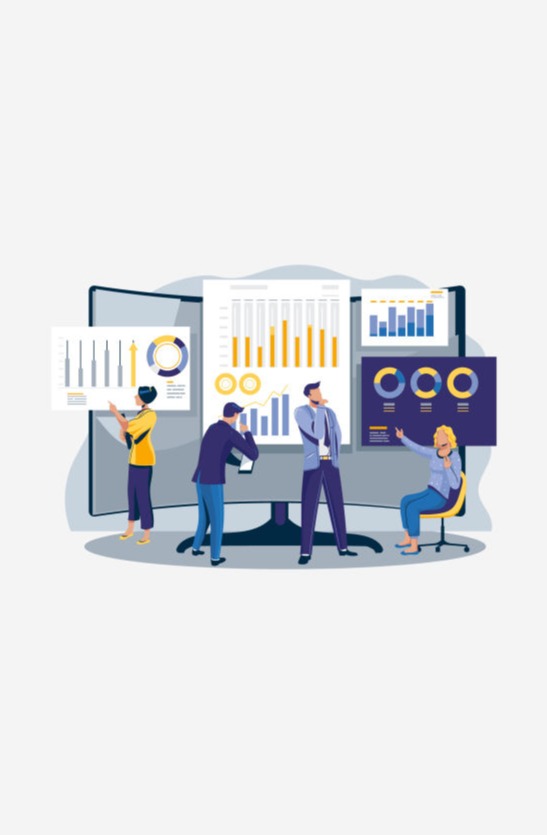ERP & CRM
ERP vs. CRM - Which do you need?


Both CRM (Customer Relationship Management) and ERP (Enterprise Resource Planning) software are used to increase the profitability of a business. So what’s the difference between the two? And which one do you need? Know all that and more below.
Before we get into their features and attributes, it is important to understand that the core functionalities of both software are different.
As the list of your customers grows, you need standard processes to keep everything smooth sailing. CRM comes into the picture here. CRM organizes and automates sales, marketing, and customer services. It keeps track of your most profitable services and products as well as the big clients.
ERP, on the other hand, is focused on your business processes. It allows easy sharing of data across verticals and streamlines all processes. Any issues can be sorted beforehand as every team is in the picture.
A lot of organizations end up requiring both these software. As a result, unified ERP and CRM is a great option as well. It is less expensive and gives you real-time data updates. For instance, a sales rep might want to check the customer’s credit history or a finance team member might need access to sales commissions during payroll processing. The convergence of both ERP and CRM ensures that all the data is together, making things very convenient for all departments.
Thus, if you are a small organization or just starting out, opting for CRM is a good idea. Eventually, a combination of the two might better serve your interests. For large companies, unified CRM & ERP software is highly recommended.